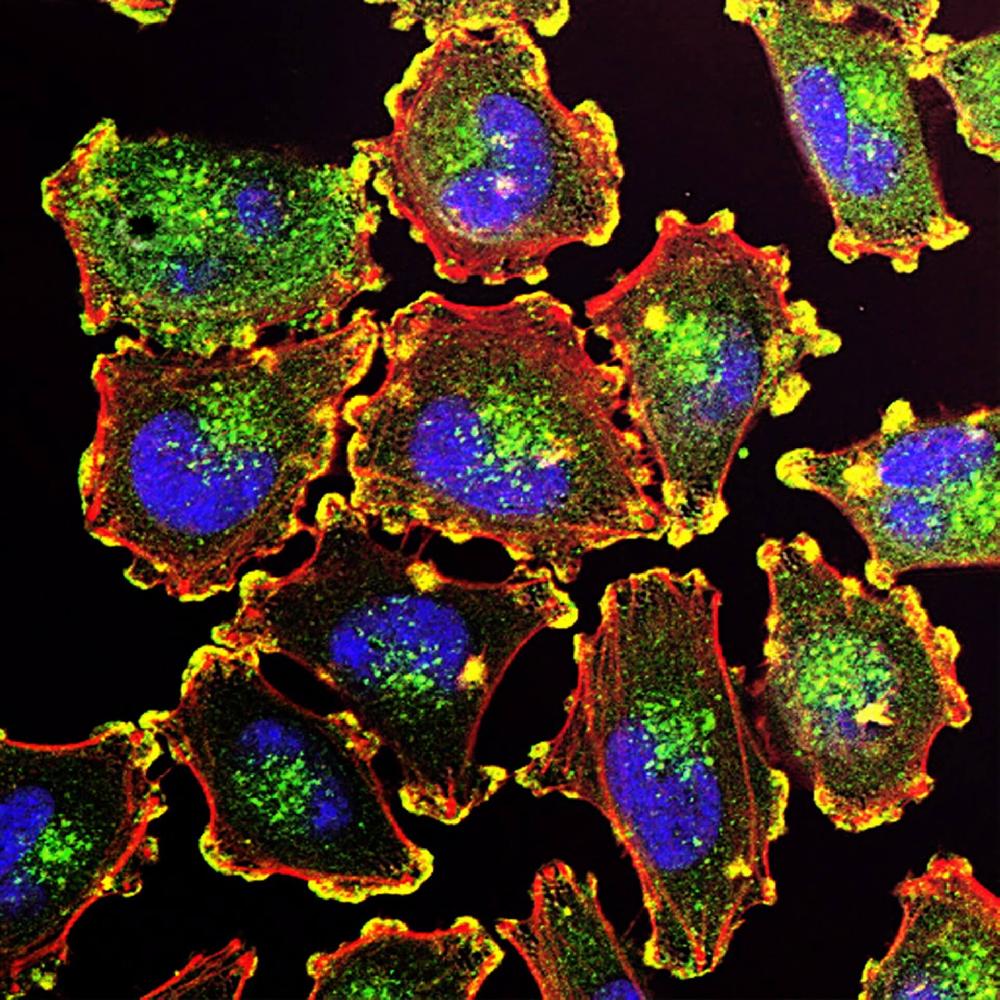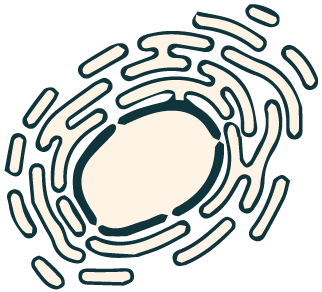This website uses cookies to ensure you get the best experience on our website.
- Table of Contents

Facts about Ubiquitin carboxyl-terminal hydrolase 2.

Deubiquitinates MDM2 without reversing MDM2-mediated p53/TP53 ubiquitination and consequently indirectly promotes p53/TP53 degradation and limits p53 activity (PubMed:17290220, PubMed:19838211). Has no deubiquitinase activity against p53/TP53 (PubMed:17290220).
| Human | |
|---|---|
| Gene Name: | USP2 |
| Uniprot: | O75604 |
| Entrez: | 9099 |

| Belongs to: |
|---|
| peptidase C19 family |

Deubiquitinating enzyme 2; EC 3.1.2.15; EC 3.4.19.12,41 kDa ubiquitin-specific protease; ubiquitin specific peptidase 2; ubiquitin specific protease 12; ubiquitin specific protease 2; ubiquitin specific protease 9; ubiquitin thioesterase 2; Ubiquitin thiolesterase 2; Ubiquitin-specific-processing protease 2; UBP41; UBP41ubiquitin carboxyl-terminal hydrolase 2; USP2; USP9
Mass (kDA):
68.072 kDA

| Human | |
|---|---|
| Location: | 11q23.3 |
| Sequence: | 11; NC_000011.10 (119355215..119381690, complement) |
Expressed in mesangial cells of the kidney and in different types of glomerulonephritides (at protein level).
Cytoplasm. Cytoplasm, perinuclear region. Localizes in the spermatid head in late-elongating spermatids in the thin area between the outer acrosomal membrane and the plasma membrane.; [Isoform 4]: Nucleus. Membrane; Peripheral membrane protein. Cytoplasm. Predominantly expressed at membranes.





PMID: 17290220 by Stevenson L.F., et al. The deubiquitinating enzyme USP2a regulates the p53 pathway by targeting Mdm2.
PMID: 19917254 by Shan J., et al. Suppression of cancer cell growth by promoting cyclin D1 degradation.